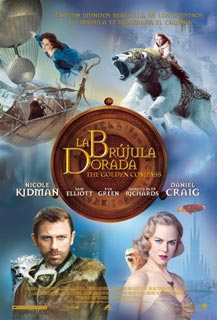

The team created around 300 shots for the 2017 film Blade Runner 2049, with Framestore winning a special visual effects award at the 2018 British Academy Film Awards. The company also worked on the 2017 film Darkest Hour directed by Joe Wright, working out of the Montreal facility of Framestore to create historically accurate backdrops for 85 shots in the film, including battle scenes. In April 2017, Framestore opened a third US location, in Chicago, Illinois. The company led on projects such as Fantastic Beasts and Where to Find Them, Beauty and the Beast, and Paddington 2.

Framestore has its main base in London Soho, and additional offices in New York, Montreal, and Los Angeles, employing around 1,400 staff. In November 2016, Framestore agreed to let the Shanghai-based Cultural Investment Holdings Co acquire 75% of it for £112.50 million. Įarly projects for the company include the delivery of its first feature animation project The Tale of Despereaux with Universal the completion of Europe's first digital intermediate for the film Chicken Run in 2000 contribution of scenes for the 2009 film Avatar, and the completion as a production project of four British feature films which opened in theatres between during 20. In 2013 Framestore opened an office in Montreal, followed by another in Los Angeles the same year. This was followed by another office in Iceland in 2008, which has since been closed and has reopened as a local VFX company, RVX. In 2004 Framestore opened their first satellite office in New York City, to focus on advertising. CFC's first film was The Fruit Machine, in 1988, which utilised early morphing techniques.

CFC was founded in London in 1984 by Mike Boudry, Wolfgang Lempp (now CTO at Filmlight) and Neil Harris ( Lightworks). In 1997 Framestore acquired the Computer Film Company, which was one of the UK's first digital film special effects companies, developing technology for digital film scanning, compositing, and output. In 1994 its film visual effects division was set up. The company's work covered award-winning images in commercials, music videos, television graphics and television drama. In 1992, Mike Milne started the CGI department, adding computer-generated animation to the company's range of facilities. Tim Webber joined Framestore in 1988 and led the company's push into digital film and television, developing Framestore's virtual camera and motion rig systems. Framestore was founded in 1986 by husband and (then) wife William Sargent and Sharon Reed, together with three friends.


 0 kommentar(er)
0 kommentar(er)
